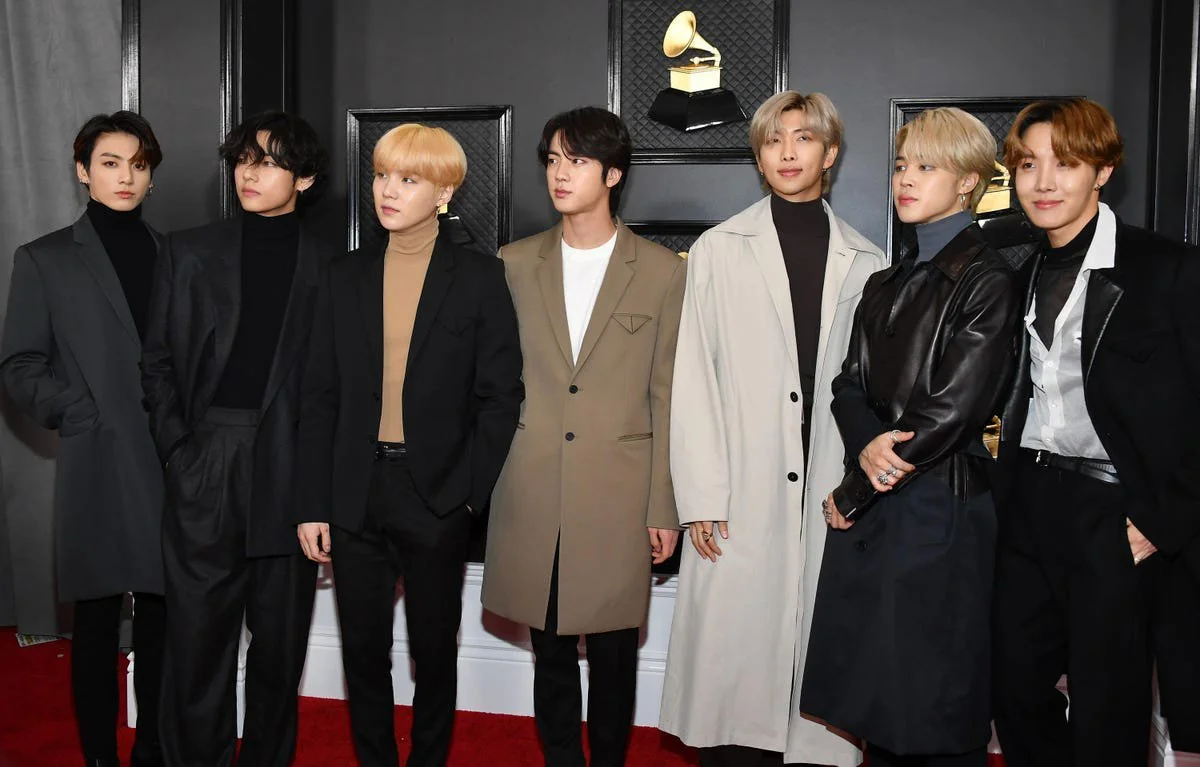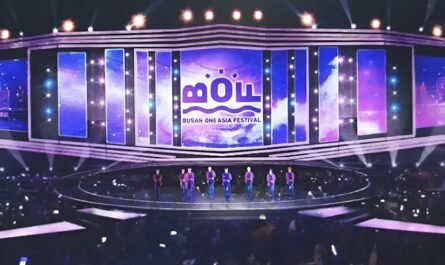Eight episodes, including KBS, TBS It was selected as the winner of the 261st PD of the Month award.
The PD of the Month judging committee of the Korea PD Association judged the entries on the 21st and decided the eight winners.
TBS (directed by Eun-Joo Park, Gyeong-jin Choi, Ye-rim Kim, writers Yu-mi Jeong, Ye-sol Kang, Jeong-Yun Choi) won the regular TV current affairs category, was common until the early 1980s to commemorate the 10th anniversary of Jeon Tae-il’s mother, So-seon Lee. It contains the stories of ‘Soon-i,’ a female worker who has been involved in women’s labor and recorded women’s labor rights.
The judging committee said, “As a teenage female worker in the 70s, it is a way to reflect on the values of women’s labor rights that have continued to this day while discovering witnesses who lived the lives of bus guides, female servants, and housekeepers. The story of events and people connecting the past and the present is also fascinating, as it makes us realize that our sisters years ago are our mothers today.”
SBS <2021 Youth’s Facebook (North) – We are going to the Red Ocean> (directed by Kim Jong-il, writer Hong Joo-young), the winner of the TV current affairs particular category, is a show where young people propose and deepen business ideas under the themes of North Korea and inter-Korean exchanges. It presented the possibility of inter-Korean exchanges on a new level to the majority of the MZ generation indifferent to North Korea.
The judging committee said, “In various opinion polls, many results were expressed that the MZ generation, unlike the older generation, were indifferent to North Korea or had very negative views on humanitarian aid and unification orientation. A program that induces interest is considered a very appropriate and creative attempt. It is also commendable that they checked the feasibility of realization, not just an idea or imagination, through verification by some North Korean exports,” he said.
KBS (directed by Go-woon Yoon, writer Jang Kyung-rim) was honored with the award in the TV entertainment category. It is a global documentary music show that explores what made K-pop passionate about Korean content such as K-pop, dramas, movies, and webtoons, which are gaining popularity worldwide. The beauty of Korea was naturally conveyed by filming all the stages of the artists who appeared in Korean attractions.
The judging committee said, “For the first time in broadcasting, Korean elements such as Dancheong and Hongik Ingan were actively used in K-pop stages and composition, and performances were held at famous places in Korea such as Namsan Tower, Gyeonghuigung Palace, and Lotte World, providing a variety of attractions. “It has contributed to raising the status of Korea and instilling pride as a Korean.”
In the TV drama category, KBS (directed by Choi Sang-yeol, writer Yeom Jae-Yi), the winner of the TV drama category, is a parent who lost her daughter Hee-soo in a car accident. It is a drama that contains content. He showed a different story by gaining the universal feeling of a parent who has lost a child with the materials such as metaverse, AI, and VR, which are popular these days.
The judging committee said, “It follows the unique grammar of the thriller genre, while densely depicting the feelings of parents who have lost a child, highlighting the appeal as a complex genre. It gave a message that the important thing, in the end, depends on how people use the technology rather than the development of technology itself.”
Daejeon MBC (directed by Choi Young-guy, writer Oh Seon-suk) was selected as the winner in the regional TV category. Despite strong opposition from residents, he paid attention to the reality that ultra-high voltage transmission towers are being built in Dangjin, Chungcheongnam-do, and Gangwon-do, and the sacrifices made by rural people who are suffering from the fear of electromagnetic waves.
The judging committee said, “After the Miryang incident in 2014, the damage to residents due to the high voltage transmission tower and the problem of the power supply system in Korean society has turned away from people’s attention. “This program drew attention to the tears of people under the power transmission tower, which is continuing, and the government’s and KEPCO’s violent response in the process of constructing a new ultra-high voltage transmission tower.”
CBS (Director Geunpil Son, Jinseong Lee, Hyukui Hong, Kyungnam Min, Seokyoung Cho, Jaeui Seo, writer Lee Hwayoung, Son Bohye), the winner of the regular radio category, is our society towards the Myanmar democracy movement. It was designed to add strength to interest the present and future tense.
The judging committee said, “This is the only terrestrial TV planning corner that has continuously pointed out the situation in Myanmar. We overcame the difficulties of local connection, where identity protection is essential. We tried to connect to an interview through a secret communication network for the first time on the radio, which had not been attempted before. As these responses were delivered to the Myanmar Provisional Government NUG and Myanmar, the citizens of both Myanmar and Korea were able to form a deeper sense of solidarity.”
KBS (directed by Kim Mi-young, Park Ha-Nui, Yoon Eun-bin, writer Na Seung-Hyun), won the radio feature category, contains the story of participating in the ‘6th Korean Speaking Video Contest’ to commemorate Hangeul Day. It is a program composed in a radio music show by collecting the stories of foreigners who sent video messages in Korean to those who had difficulty expressing their feelings in their native language.
The judging committee said, “The novel planning ability that weaves the theme of ‘sincerity’ that gives sympathy and resonance with Korean speaking skills stands out. And we have prepared a place for foreigners to communicate in Korean.”
MBC Gyeongnam (directed by Jung Eun-hee, writer Ahn Min-ja), the winner of the regional radio section, announced the existence of Korea’s first eobo, ‘Uhaeobo,’ which was 11 years ahead of the Jasaneobo. The value of local cultural contents was highlighted through vivid records such as food culture.
The judging committee said, “Through Pansori, Korea’s first eobo, 220 years ago, was realistically realized through Ahn I-ho, a singer of the Inalchi Band, and traditional cooking researcher Lee Sang-hee cooked black sea bream and salted rockfish 200 years ago. “It was a valuable opportunity to get a glimpse into the lives of our ancestors, especially women in the late Joseon Dynasty, who lived hard with the current situation at the time, beyond introducing fish,” he said.











